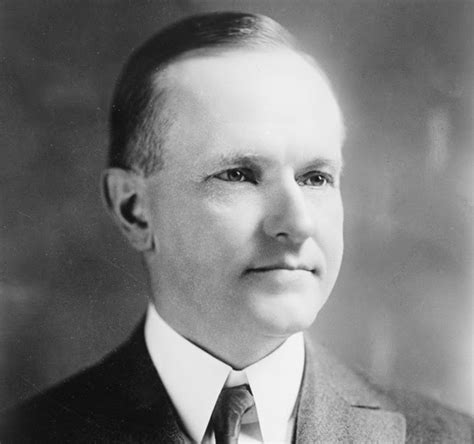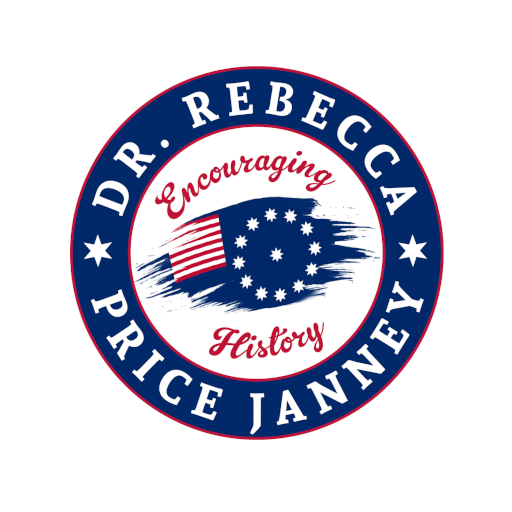
When we think of great Presidential speeches, a few probably spring to our minds. There’s Ronald Reagan’s “Tear down this wall” proclamation and John Kennedy’s “Ask not what your country can do for you, ask what you can do for your country.” We’d also need to include FDR’s “Day of Infamy” speech, delivered after the Japanese attack on Pearl Harbor in December 1941, and Lincoln’s stirring Gettysburg Address—”Four score and seven years ago . . .”
One of the finest Presidential speeches, however, came not from those or other eloquent men, but from Calvin Coolidge.
The thirtieth President of the United States was not known for his silver tongue. He was no “Great Communicator.” In fact, his nickname was “Silent Cal,” and he bore the brunt of many jokes about his taciturn nature. One person asked him why he didn’t find it necessary to talk much, and he responded, “Well, I found out early in life that you didn’t have to explain something you hadn’t said.”
At a dinner party, a woman sitting next to Coolidge admitted she bet someone she could get him to say more than three words. Without missing a beat he told her, “You lose.” On another occasion financier and presidential advisor Bernard Baruch asked him why he usually didn’t say much during interviews. Coolidge told him, “Well, Baruch, many times I say only ‘yes’ or ‘no’ to people. Even that is too much. It winds them up for twenty minutes more.”
Born in Vermont on July 4, 1872, Coolidge remained in Massachusetts after graduating from Amherst College. He became a lawyer and rose from the ranks of local government to become that commonwealth’s governor. He became Warren G. Harding’s Vice President in 1921.
Two years later, Coolidge’s life changed abruptly while visiting his childhood home in Plymouth Notch. At 2:30 in the morning of August 2, 1923, a messenger knocked on the door because there was no phone at this home. He had somber news—President Harding had died rather unexpectedly, and Coolidge was the new Commander in Chief. In what may have been the most unassuming Presidential swearing-in ceremony, Coolidge’s father, a justice of the peace, administered the oath of office at 2:47 AM by kerosene light because the house had no electricity.
An able and principled man, Coolidge is remembered more for his conservative, hands-off approach to governing than for the grand gestures or accomplishments of his Presidential counterparts. However, when he went to Philadelphia to commemorate the 150th anniversary of American Independence, historian Wilfred M. McClay says Coolidge gave “a speech that stands in the line of great presidential speeches from Jefferson to Lincoln, a reminder to Americans then and now of the exceptional character of their own revolution and of the enduring importance of liberty and equality as natural rights.”
To hear an excerpt from this speech, listen to my podcast, “Great Words from a Silent President” at Anchor.fm/rebeccapricejanney

Leave a Reply